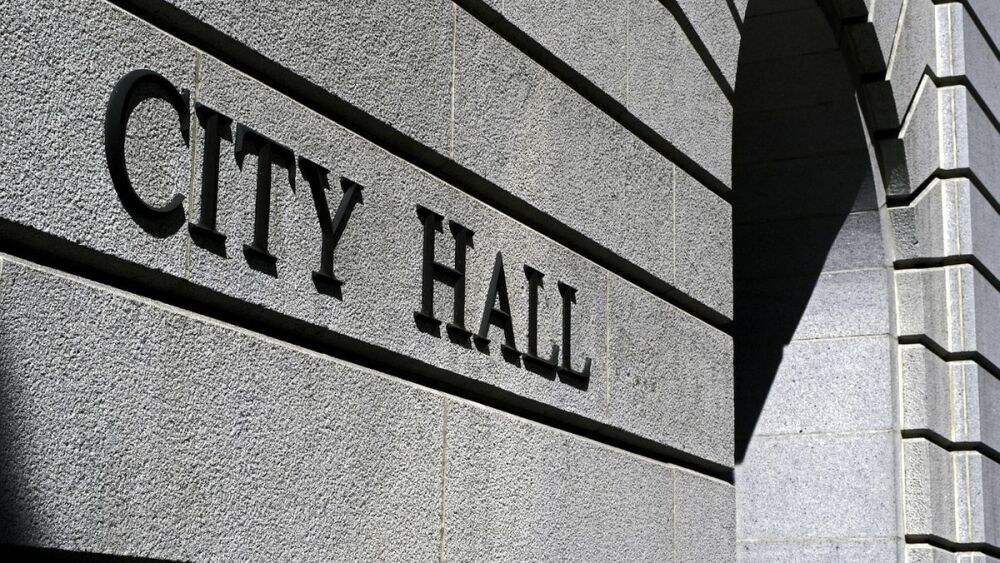By Liz Holden
ICIC
Pittsburgh Mayor Bill Peduto told attendees at a recent CEOs for Cities Workshop, “In 1979, Pittsburgh died.” This was the last year the Pirates won a World Series, the last year the Steelers would win a Super Bowl until 2005 and the beginning of a decade of what would seem like constant job losses and steel mill closures.
Over three decades later, Pittsburgh is not only alive but thriving, and city leaders are working to ensure that this vitality extends to residents at all economic levels. Throughout the two-day “The Innovative and Inclusive City” Workshop, Pittsburgh not only played host but also provided an example of a city that is working diligently to discover what works in fostering both innovation and inclusive economic growth.
Pittsburgh is now seen as a model for the economic transformation of post-industrial cities. Thanks in part to strong anchor institutions - including renowned universities such as Carnegie Mellon and the University of Pittsburgh – and a dedicated philanthropic community that includes three of the nation’s largest private foundations, the city has gained ground as a vibrant hub of culture, science and technology. With companies like Uber setting up research and development facilities in the city, Pittsburgh has earned attention as a destination for innovation. Unemployment is lower than the national average, according to BLS statistics, and the city is regularly ranked as one of the most livable in the country. Pittsburgh is at a critical turning point, and as the city’s reputation grows, its leaders will be faced with the same decisions many other cities have grappled with – how do you rebuild a city in an inclusive manner, maximizing economic growth while minimizing inequality? Rather than waiting to apply solutions to inequality after problems have arisen, Pittsburgh’s leaders are working proactively to create an equitable economy from the start.
Read full coverage here.


